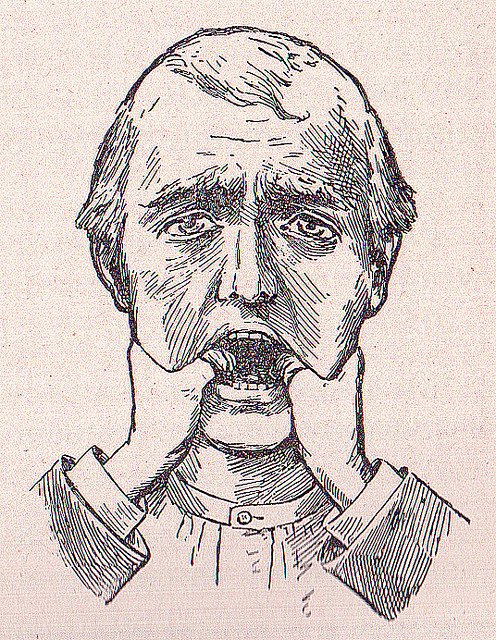

Prevention, Treatment and Remedies to Fight Halitosis.
Also known as oral malodor, bad breath is distressing and embarrassing for sufferers. Treating and controlling halitosis can improve overall health—not just the health of our mouths.
Bad breath is not only anti-social; it can also be symptomatic of an overpopulation of bacteria in the mouth, which can be an indicator of future health problems.
Studies have shown that bacteria in the mouth can have a negative effect on other parts of the body and have been implicated in increased risk of heart disease and pregnancy complications.
Causes of Halitosis
According to Dr. Mel Rosenberg, professor at Tel Aviv University’s Department of Oral Biology, seven out of 10 cases of halitosis are caused by bacteria breaking down food debris and cells in the mouth and releasing unpleasant smelling sulfur compounds.
Bad breath can also be caused by medical conditions, including dysfunctions of the liver or kidneys, infections of the bronchi and lungs, and certain metabolic diseases. Other causes originate in the nose or sinuses, with three to five percent of cases originating from the tonsils.
Reasons for Bad Breath
Bad breath affects almost all people at some point in their lives, and between 15 and 30 percent of the adult population has a chronic problem. Bacteria in the mouth thrive when they feed off food debris. Saliva is nature’s way of washing away these bacteria, but there are a number of things we do that disrupt this natural antidote: alcohol can dry out the mouth tissues, as can sleeping with an open mouth, dieting, insufficient water intake, and the taking of certain medications.
How to Cure Bad Breath
Bad breath can be solved with attention and an effective oral hygiene routine. A first step is to consult a dentist or oral hygienist who will be able to recommend an oral hygiene routine suitable for fighting bad breath. A dentist will be able to fill or cap decaying teeth which may also be a cause of halitosis.
Recommended Action to Eliminate Bad Breath
>> Brush teeth, gums, and tongue properly at least twice a day.
>> Floss teeth every day.
>> Ask a dentist to recommend an alcohol-free mouthwash, which has been proven to be clinically effective in fighting bad breath and removing food particles. It is most effective if used just before going to bed.
>> Chewing sugarless Xylitol gum may help.
>> Chewing herbs such as mint, cloves, fennel seeds, or parsley can stimulate the production of saliva in a dry mouth.
>> Brush teeth directly after consuming dairy products, fish, meat, or sugar.
>> For those with false teeth, soaking them overnight in an antiseptic solution will help, but seek the recommendation of a dentist first.
>> Avoid excessive consumption of coffee and alcohol, which can dry out the mouth and exacerbate the problem.
>> Stop smoking if possible.
Although bad breath can make people feel less confident, being overly concerned about the problem is not going to help.
The tips to fight bad breath mentioned above provide effective and relatively easy solutions to the problem.
Author: Helen Lyle & Nick Gjorgoski
Image: Sarah Clark/Flickr
Editor: Emily Bartran
Browse Front PageShare Your Idea
Comments
Read Elephant’s Best Articles of the Week here.
Readers voted with your hearts, comments, views, and shares:
Click here to see which Writers & Issues Won.








